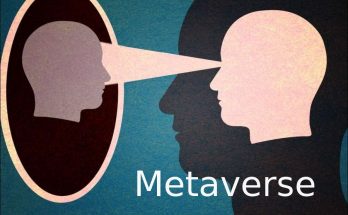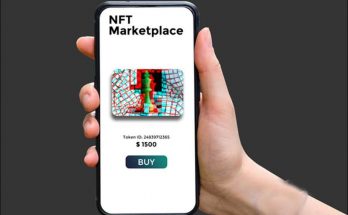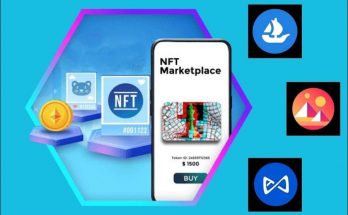Metaverse style ideas can help us organize our societies more productively. Common standards and protocols that bring disparate virtual worlds and augmented realities into one open metadata store can help people work together and reduce repetitive efforts.
Imagine you are walking on the street. All of a sudden, you’re thinking of a product you need. Right next to it, a vending machine full of products and variations you can think of appears. You stop, you pick up an item from the vending machine, it’s shipped home, and then you’re on your way.
Next, imagine a husband and wife. The husband offers to go to the shop, but the wife cannot remember the name and type of product she needs. The brain-computer interface device recognizes her for her and transmits a link to her husband’s device, along with the stores and aisles she is in.
Welcome to the metaverse, alternative digital realities where people work, play and socialize. You can call it metaverse, mirror world, AR Cloud, Magicverse, Spatial internet or Live Maps, but one thing is for sure, it’s coming and it’s very important.
Currently, you can only experience the internet as you go, but with new connections, devices and technologies, we will be able to experience it everywhere every day. So what happens when the world becomes a billboard, robots have spatial reasoning, and virtual assistants have a relationship with the consumer?
“The spatial internet is the culmination of everything AR and VR have developed today. It is the idea of getting information about things, locations or historical events and finding that information where it is most relevant in the world.” Augmented reality and virtual reality will be ways to see this layer of information.
Marketing and communications professionals should pay attention to metadata as it is the next frontier for online interaction. Just as social media has revolutionized the online marketing landscape, so will the metaverse. While we don’t currently have one shared metadata, there are companies trying to create it.
Fortnite, Minecraft, and Animal Crossing are now games, but they already have large user bases, elaborate worlds, and user-generated content. Facebook is also positioning itself towards the metaverse with its virtual reality social media platform Horizon (currently in beta) and Live Maps. Niantic, Magic Leap, Microsoft and others are also working on it.
Covid-19 has also changed the culture online. Family reunions on Zoom, weddings moving to Animal Crossing, graduations in Minecraft, and dress trials have become almost common practices. As online social gatherings become more common and online video games increase world-building, “brands are bound to play an important role in the meta-universe”
In the Metaverse, people won’t be wandering around one by one. There will be friendships, relationships (autonomous NPCs, holograms or other people) that will influence their decisions. Brands will need to continue to adapt to relationship styles and interactions. Customers will not only be able to talk to brands like on social media, but also interact with them in 3D form.
Fashion is a big part of creating a character or being represented by an avatar. Virtual fashion houses and designers have the opportunity to enter an entirely new digital priority clothing market. The metaverse is about identity in ways that weren’t possible before.
A new iteration of the internet is being worked on and it will have huge implications for society. Marketing, communications and branding professionals will face new challenges as well as new opportunities. This new era of Metaverse will unleash incredible creativity and open new frontiers and horizons for brands and businesses.
Now the question is, how do you prepare?
Hits: 135





